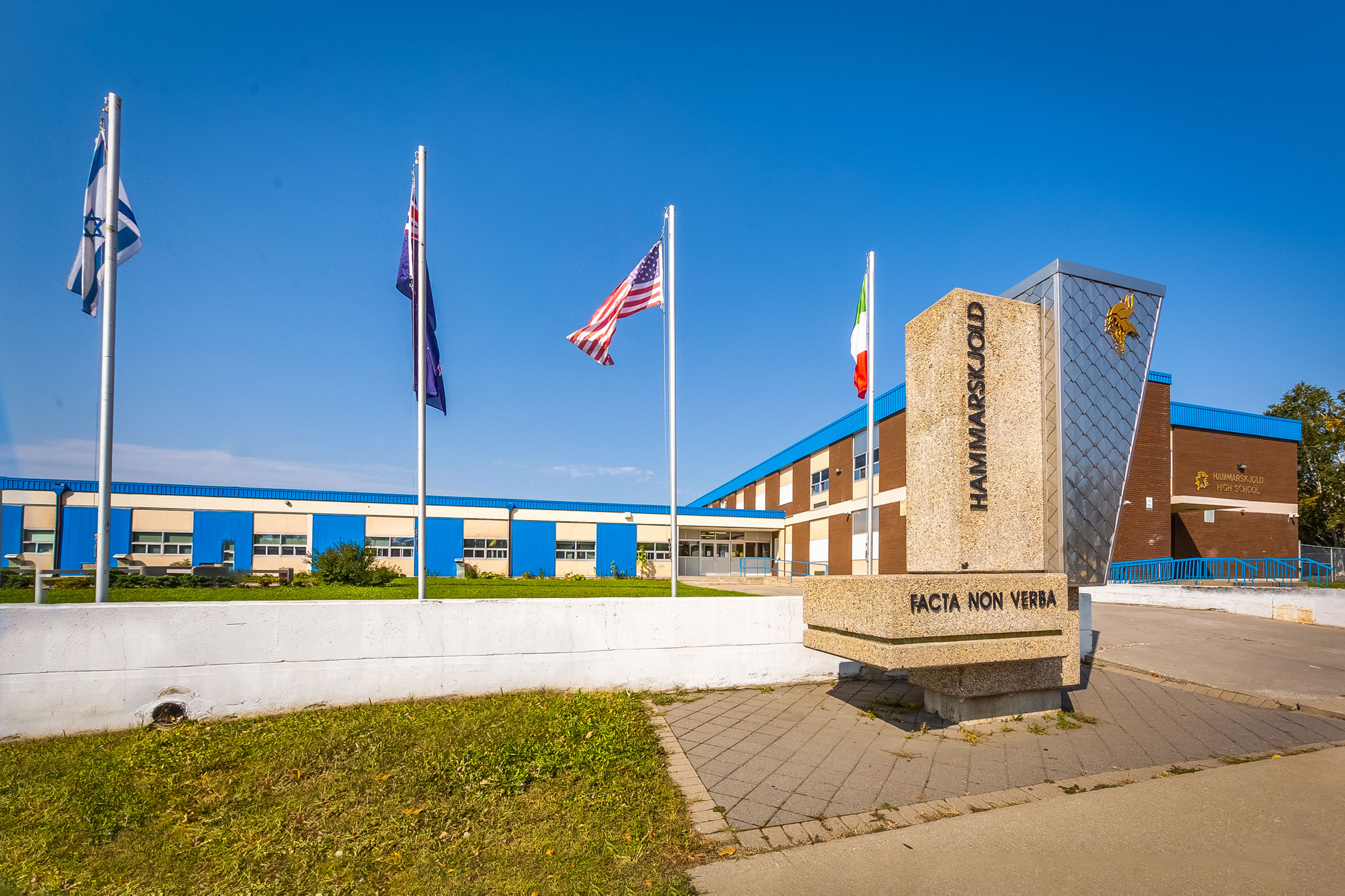The Guidance and Career Education program is a vital and integral part of the secondary school program. Through the program, students acquire the knowledge and skills they need in order to learn effectively, to live and work cooperatively and productively with a wide range of people, to set and pursue educational and career goals and to carry out their social responsibilities. The program is delivered in a variety of ways including classroom instruction, orientation and exit programs, career exploration activities and individual assistance and counselling. The program is organized into three areas of learning: student development (the skills and habits necessary for learning); interpersonal development (the skills and knowledge necessary to get along with others); and career development.
By the end of secondary school, students are expected to:
- understand the concepts related to lifelong learning, interpersonal relationships, responsible citizenship, and career planning;
- develop learning skills, social skills, a sense of social responsibility and the ability to formulate and pursue educational and career goals;
- apply this learning in their daily lives, both at school and in the larger community
Each secondary school has a Student Services Department, staffed by specially trained teachers and support staff, and equipped with resources and information materials related to careers and educational opportunities.
All students are required to complete a half-credit course in career studies as part of the new diploma requirements. These courses will be offered at the Grade 10 level. Several other courses in guidance and career education are available to help students experience success at school and in their postsecondary careers. These courses equip students with essential skills for academic, interpersonal and career success. Students learn to manage the changes they will encounter throughout life.
Student Services personnel will organize visits by guest speakers and representatives of colleges, universities and various careers; visits to workplaces and post-secondary educational institutions; and workshops and conferences for students.
